Over 30 years of anarchist writing from Ireland listed under hundreds of topics
Humanity and Nature under Capitalism
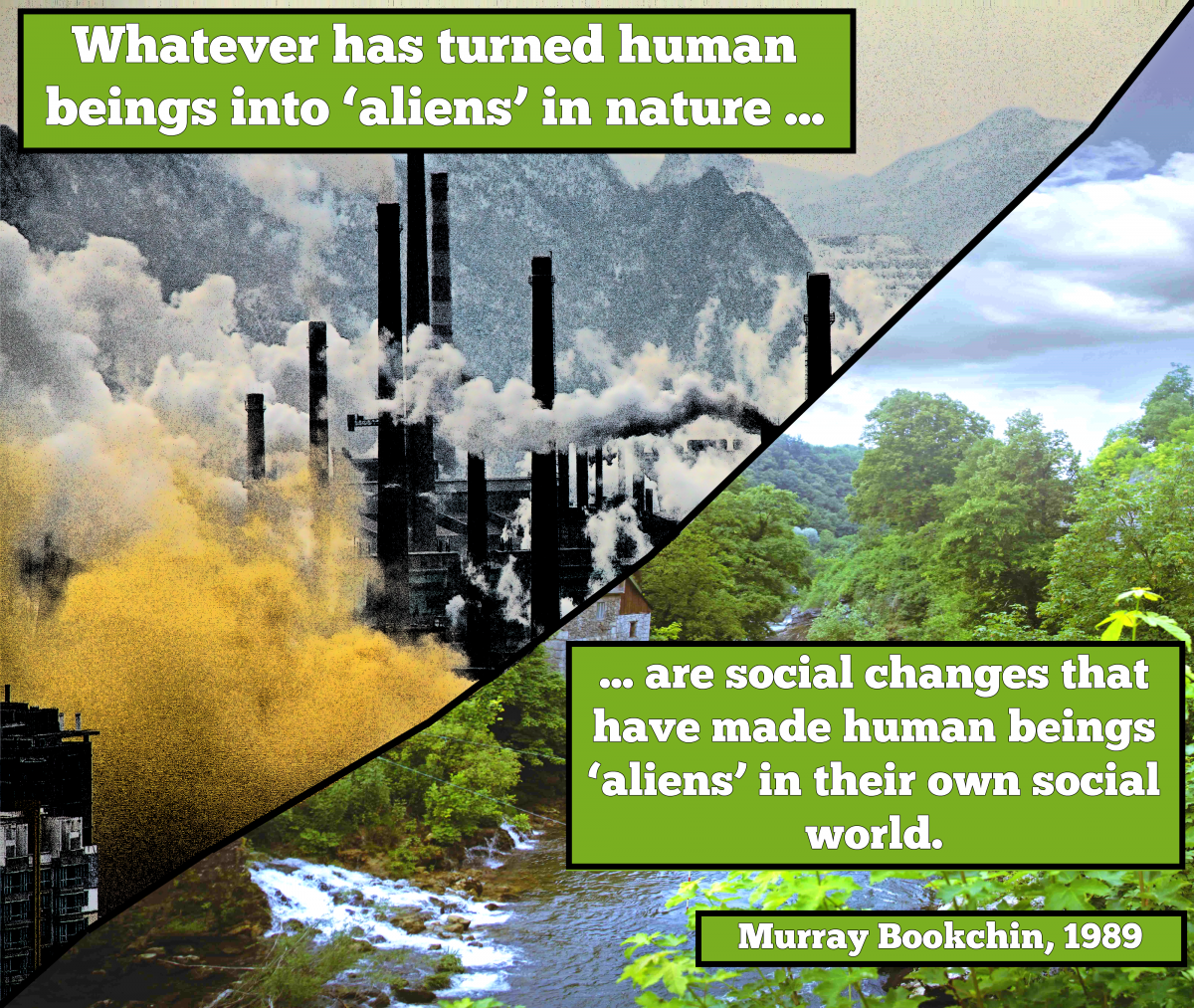 Welcome to the era of human-caused climate change. [1] This economic and political system will kill us all – that is, if we don’t do something drastic quite soon. If not, there will be no future for human beings or other species. The world, as we know it, may soon become a mirage, a beautiful dream. We are reaching the end of the road, after driving the wrong way for over 200 years. What awaits us? The answer is obvious: destruction, suffering and death.
Welcome to the era of human-caused climate change. [1] This economic and political system will kill us all – that is, if we don’t do something drastic quite soon. If not, there will be no future for human beings or other species. The world, as we know it, may soon become a mirage, a beautiful dream. We are reaching the end of the road, after driving the wrong way for over 200 years. What awaits us? The answer is obvious: destruction, suffering and death.
But is this inevitable? Is the human being biologically destined to destroy the natural world they so keenly depend on? Mercifully the answer is likely ‘no’, this destruction is most clearly understood as the result of very particular institutions and social norms, a situation we can change if we have the will to do so. A task which, while certainly not easy, is the most palatable outcome at this late stage.
Strikes and Solidarity: Interview with a worker at Irish Rail
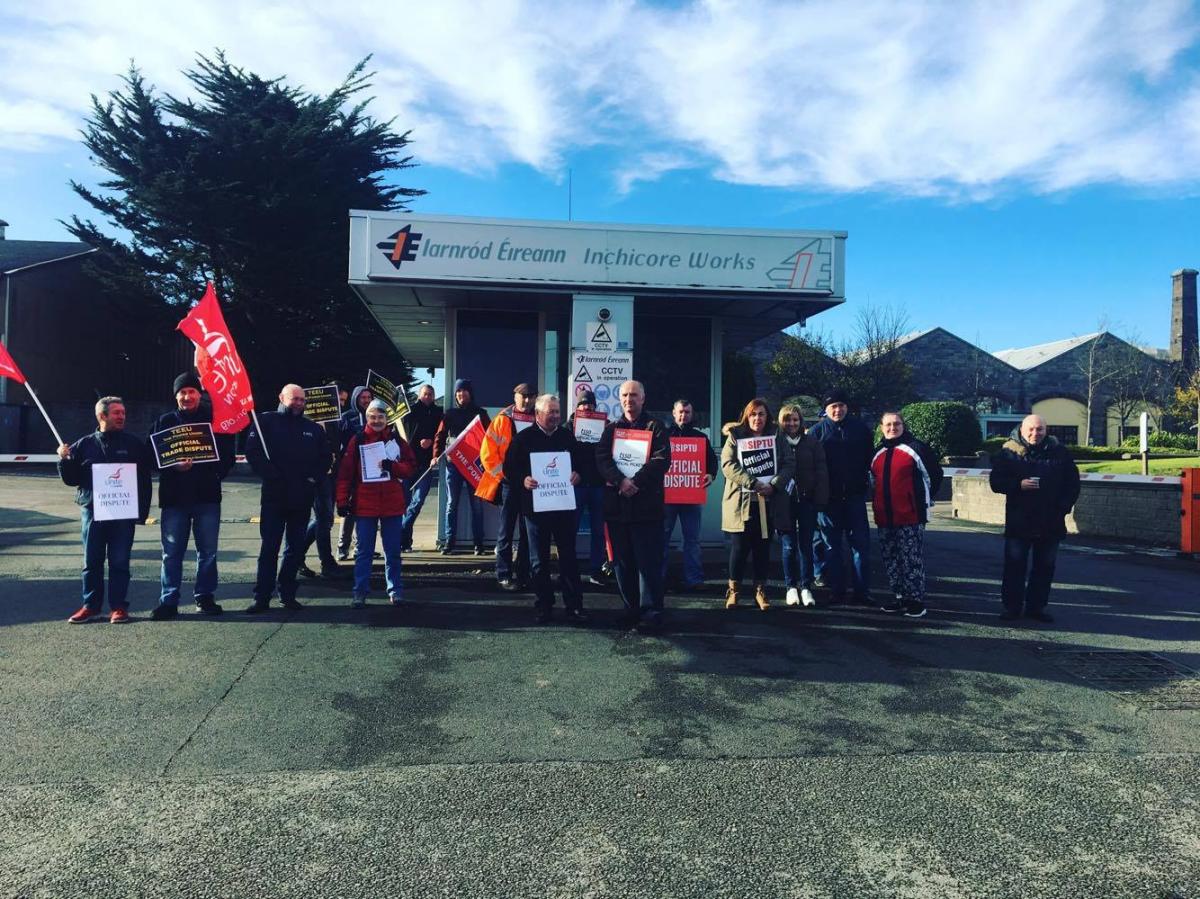 Irish Rail workers were out on strike recently. What’s going on?
Irish Rail workers were out on strike recently. What’s going on?
The WSM recently caught up with J, an activist and worker at Irish Rail, to find out.
For background details, see our analysis, "Why Irish Rail workers are right to strike", published here.
Undocumented youth organising in Ireland - Young Paperless & Powerful speak out
There are an estimated 20 to 26,000 undocumented people living in Ireland, as many of 5000 of them being children and young people. People in Ireland are generally horrified by the Trump's administrations war on the undocumented in the US but perhaps not so aware that exactly the same situation has been created by government policy here.
Dublin Book Launch of the Worms that Changed the World
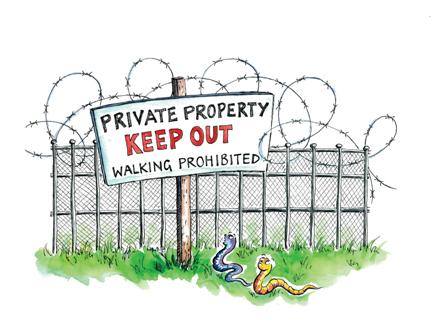 The Dublin launch of the book, The Worms that Saved the World takes place on the on the 2nd of December, in the Teachers Club, 36 Parnell Square, Dublin 1 at 4.00pm.
The Dublin launch of the book, The Worms that Saved the World takes place on the on the 2nd of December, in the Teachers Club, 36 Parnell Square, Dublin 1 at 4.00pm.
In The Worms That Saved The World a group of earthworms living on an imaginary headland begin to suffer when a golf course takes up residence around their home. The worms attempt to tell the new owners about their concerns but they are dismissed. In response they organise and join with the other birds and animals on the headland. Eventually they reclaim the headland for everyone.
Dream act rally in Dublin demands Peter King supports Deferred Action for Childhood Arrivals
Young, Paperless and Powerful, a creative youth project for undocumented young people in Ireland held a solidarity rally last night with undocumented young people in the USA. The rally took place at the famine memorial on the banks of the Liffey in Dublin. YPP said in advance of the rally that in the US "young people are in the fight of their lives to defend DACA". [ Video ]
Dublin march demands end to Direct Provision, No Deportations and the Right to Work - Video
The Direct Provision institutions were introduced as a supposedly temporary measure in 2000. 17 years later they are still with us and some have spent over a decade trapped in the institutional isolation and poverty they create. Adult residents receive €21.60 a week and some like Mosney are in isolated locations with no transport connections. Visitors are controlled and there are little or no cooking facilities which means the children who have grown up there have seldom tasted their parents cooking and have been unable to have friends sleep over.
Comic - Why Pro-Life is a Lie
Anti-choice advocates like Youth Defence / Precious Life and the Iona Institute claim to be driven by an indiscriminate empathy and a genuine concern for human beings' universal right to life, hence invocations to 'Love Both' and the 'pro-life' label.
Are these claims to be taken seriously? Not for a second, as clearly illustrated in this pro-choice comic (PDF).
'Earth is Our Only Home': 15,000 Scientists Urge Action on Climate Change
As the COP23 UN climate talks continue in Bonn, Germany, 15,000 scientists 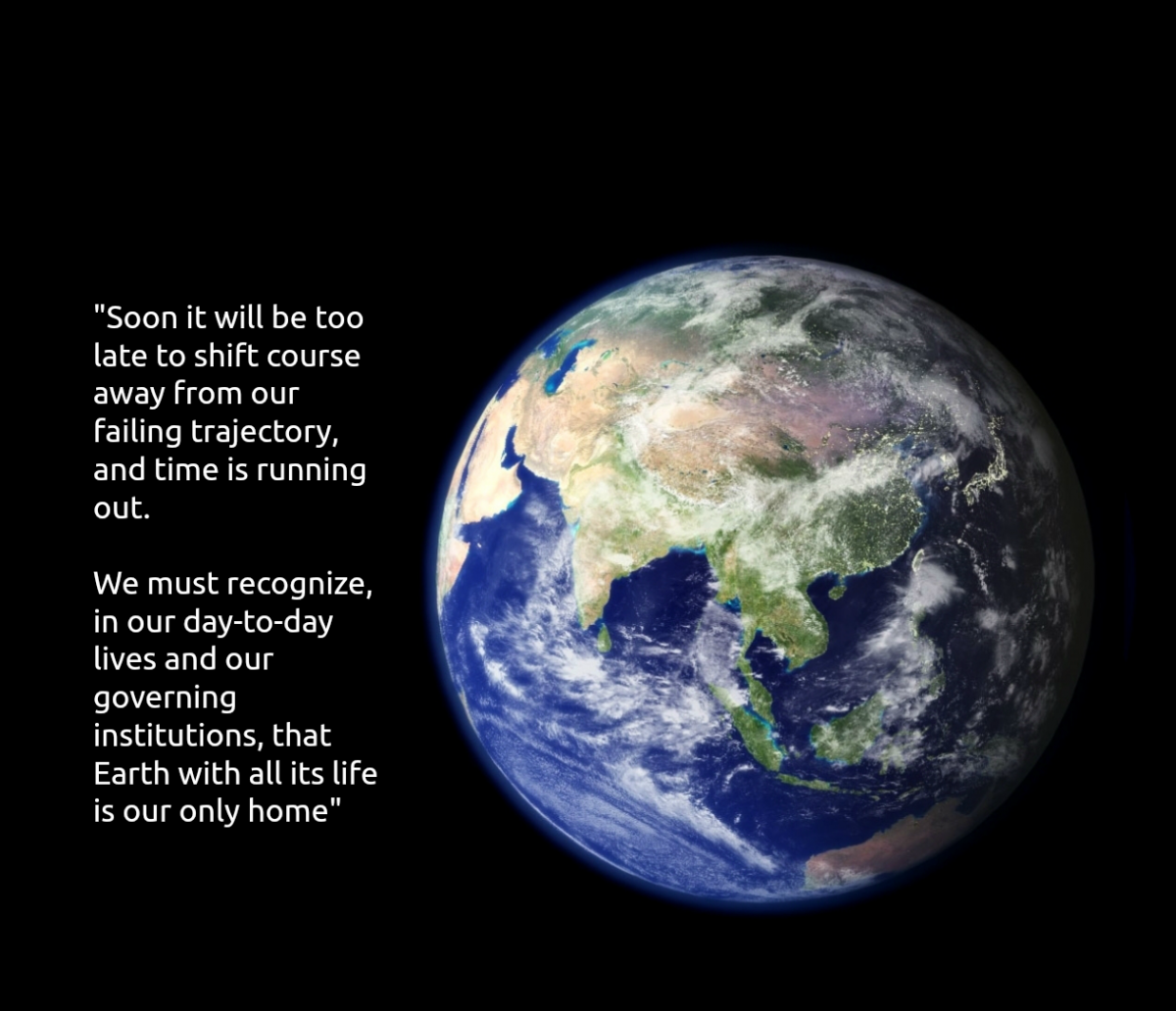 from 184 countries have signed ‘World Scientists’ Warning to Humanity: A Second Notice’, a journal article cum open letter urging immediate action on climate change ‘to prevent widespread misery and catastrophic biodiversity loss’. [1]
from 184 countries have signed ‘World Scientists’ Warning to Humanity: A Second Notice’, a journal article cum open letter urging immediate action on climate change ‘to prevent widespread misery and catastrophic biodiversity loss’. [1]
I have sometimes wondered what it would be like if we failed to stop climate change, imagining that on one sombre and momentous day the people of the world would listen to a definitive scientific announcement: ‘Fellow humans, it is my deepest regret to say that we have simply passed the point of no return.' Our heads would droop in disappointment, craving one more try at the past.
In reality, life and history are not so simple. This statement is not such an announcement of definitive failure. But we might very well read it as such if we choose to ignore the undeniable any longer. And as such, we would do well to wake up from the stupor of our routines, take stock of what truly matters, and commit to doing our part in this great battle. After all, it is a battle for survival, and at present it is as if we are allowing our rulers to march an invading army right under our noses. We can ignore reality, but it is impossible for reality to ignore us.
Climate Change - The Basics
There has been an increasing amount of public debate 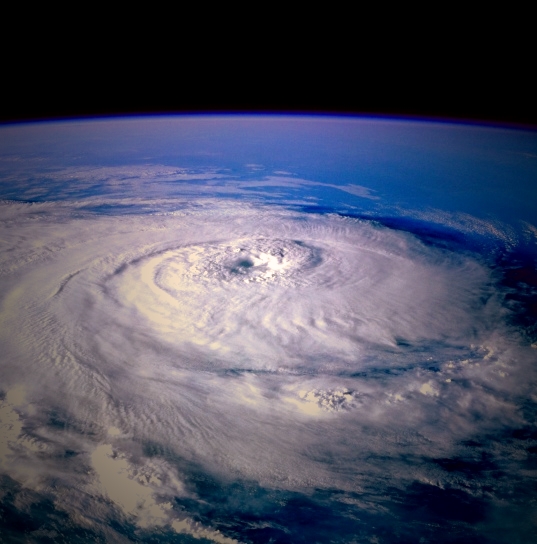 in recent years on the issue of climate change. As the effects of increasing overall global temperatures become difficult to ignore, and climatologists raise their voices in warning, more and more people are asking themselves what exactly is climate change and should we be concerned about it. As the COP23 international climate change talks take place, this article will attempt to answer those questions by briefly exploring the basic concept of climate change as described by the vast majority of climatologists.
in recent years on the issue of climate change. As the effects of increasing overall global temperatures become difficult to ignore, and climatologists raise their voices in warning, more and more people are asking themselves what exactly is climate change and should we be concerned about it. As the COP23 international climate change talks take place, this article will attempt to answer those questions by briefly exploring the basic concept of climate change as described by the vast majority of climatologists.
At its most basic level climate change simply means a change in overall global weather trends. This change can be brought about by 'natural' and/or 'artificial' means. Natural climate change occurs as a result of events which are not caused by human beings, and some common examples would be an altered amount of solar energy reaching the earth from the sun, or a series of volcanic eruptions. Artificial or 'anthropogenic' climate change occurs as a result of certain human activities such as the large-scale burning of fossil fuels and practicing specific modes of agriculture.
Climate Change Talks 2017 - What is COP23?
Thousands of people have converged on Bonn, 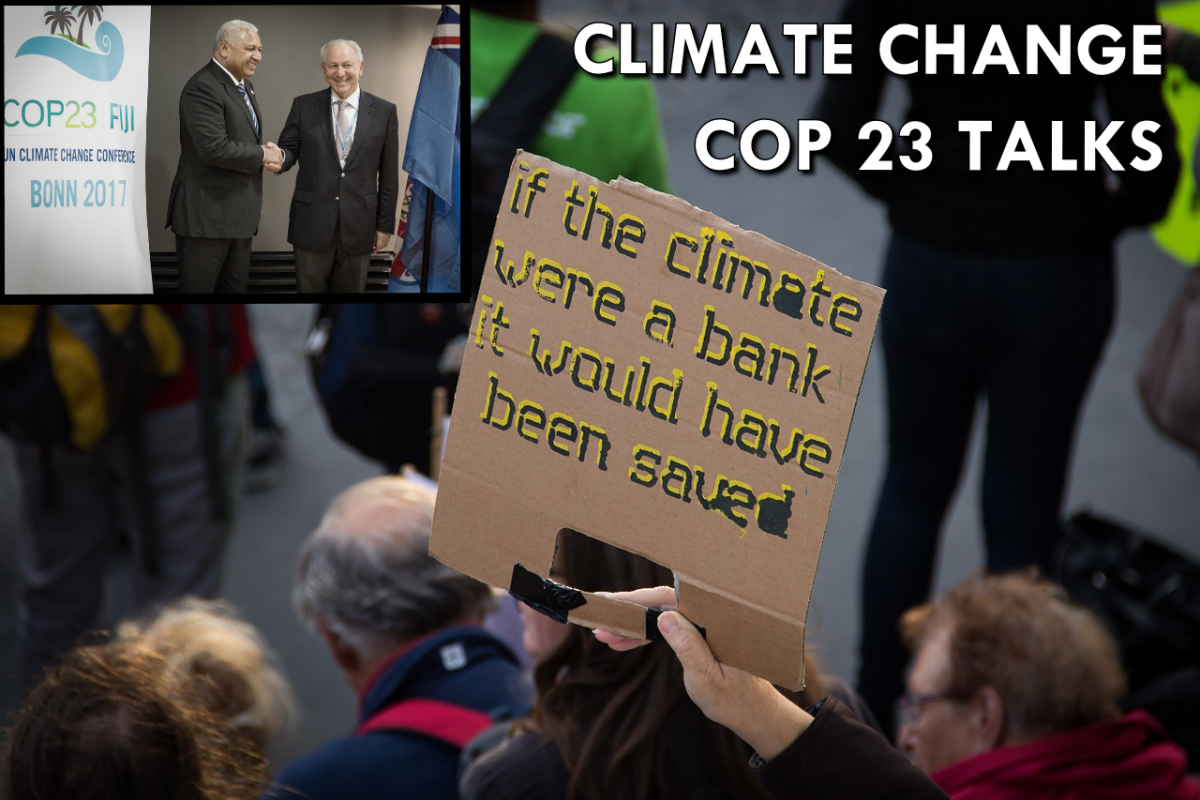 Germany, for COP23, the annual United Nations summit on climate change. What is COP 23 and why should we care?
Germany, for COP23, the annual United Nations summit on climate change. What is COP 23 and why should we care?
Climate change is a global crisis like nothing humans have seen before. COP23 stands for the 23rd ‘Conference of the Parties’, the 23rd in a series of similar climate talks. This happens within the UNFCCC or ‘UN Framework Convention on Climate Change’ - basically the UNFCCC is a plan and legal framework to seriously deal with climate change as a global society. The UNFCCC was agreed in 1992 in Brazil and has been built upon each year. It came over 30 years after climate change was given serious international political treatment by the UN in 1961 [1]. The well-known ‘Kyoto Protocol’ was agreed in 1997 at a UNFCCC summit.

